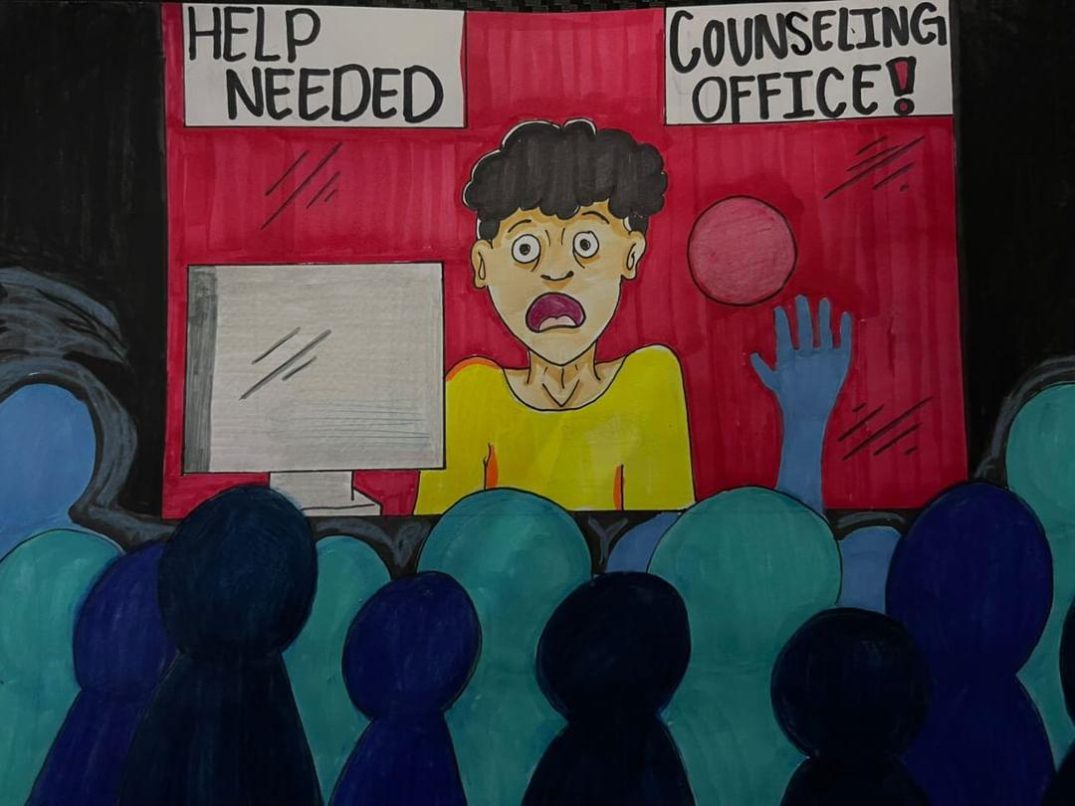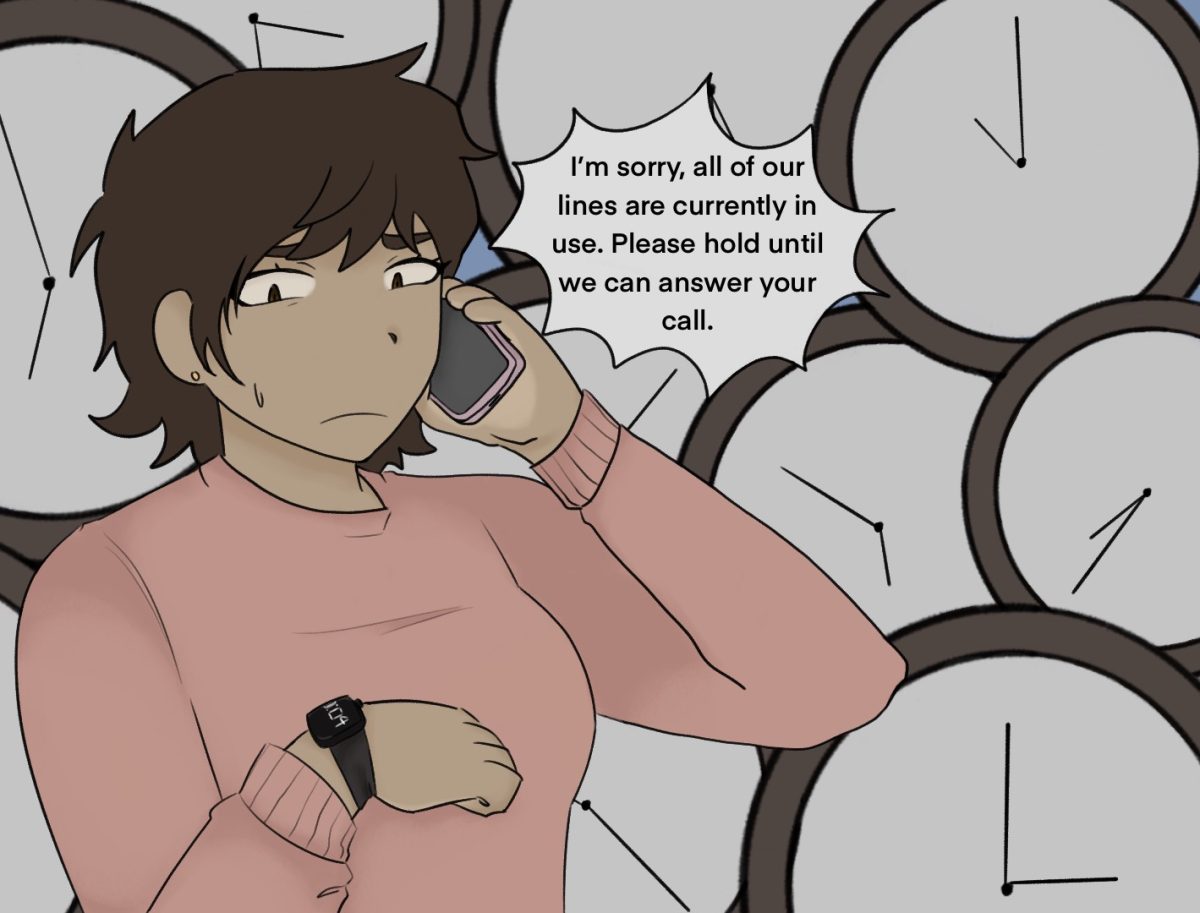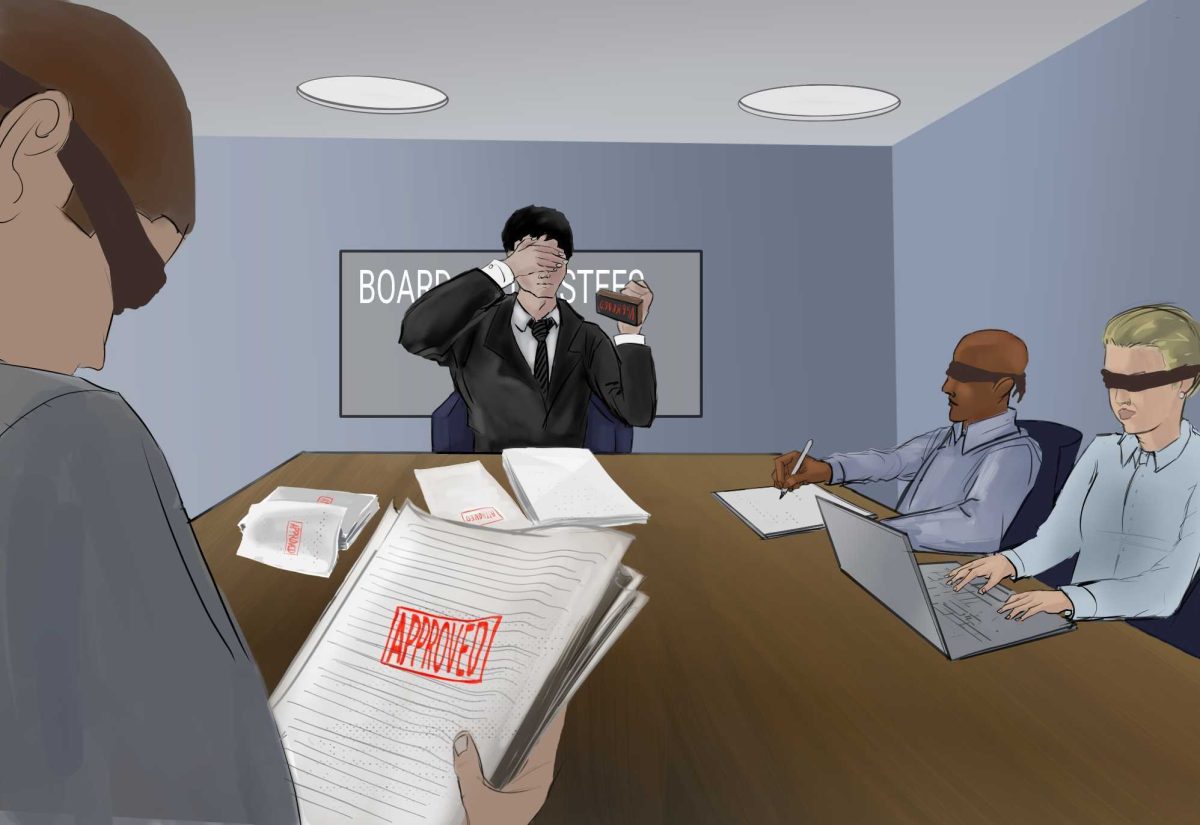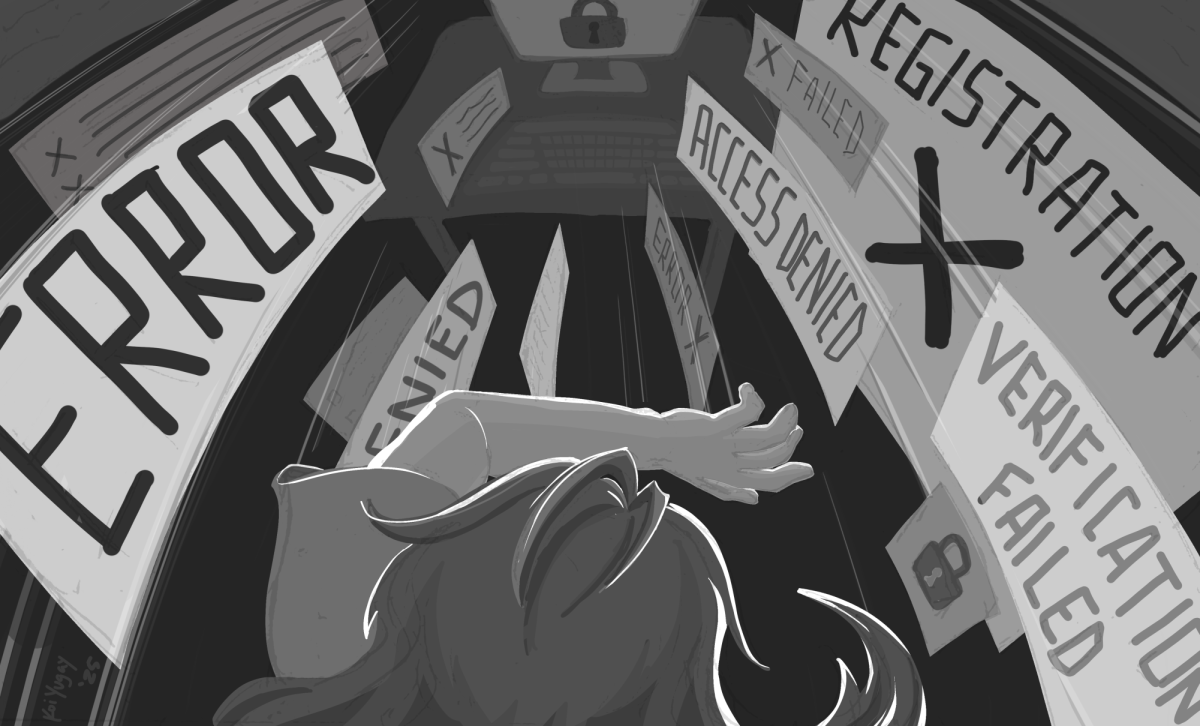Restrictive policies proposed by the El Camino College administration continue to leave the campus concerned for its rights to freedom of speech and expression.
Administrative Procedure 3900 and Board Policy 3900 state the time, place and manner procedures for when, where and how freedom of speech can be exercised on campus.
Through ECC’s website, the “Flyer Posting Policy,” detailed under the Student Development Office section, presents the basic information that the policies discuss.
The policy lays out the designated areas on campus where flyers can be posted, the approvals required from the SDO and the non-designated posting areas like windows, pillars and doors.
Time, place and manner restrictions are legal as long as they are reasonable, Jonathan Falk, education law attorney at the Student Press Law Center, said. The campus also has the opportunity to appeal to the board and request more areas for posting content.
Carl Turano, mail and material handler at Facilities and Planning Services, said the administration was already enacting this policy within his department.
“They [the administration] said that they wanted to take down everything and anything that was offensive to anybody around the campus,” Turano said. “I had all kinds of jokes and pictures of old employees and all that stuff had to be taken down and thrown away.”
Some faculty even use posters and stickers on their doors and windows to establish a welcoming, safe space on campus where students feel comfortable coming in and interacting with different parts of the campus.
If the administration isn’t even allowing employees to keep personal photos and posters in their offices, what can the campus feel comfortable enough to post outside of that?
The director of the SDO, Ricardo Gonzalez, is responsible for reviewing and approving the content waiting to be posted around campus, which begs the question, why is the SDO in charge of approving content before posting?
If the SDO is in charge of overseeing student success, why would they have authority over what employees post to their doors and who granted that office this authority?
The Union attempted to approach Gonzalez with these concerns, but he was unavailable for comment.
Art history professor Alireza Ahmadpour criticizes ECC’s administration for making decisions without consulting the rest of the campus.
“One of the major problems at El Camino, which was even acknowledged by groups who come here for accreditation, was collegial consultation,” Ahmadpour said. “Collegial consultation at El Camino is nothing but a joke.”
It’s just not specific enough, which keeps the campus in this gray area of not knowing what’s allowed and not, or what the college wants and what the campus is legally entitled to.
Laura Beltz, a member of the policy reform team at the Foundation for Individual Rights and Expression, recommends that the language of the policy be altered for clarity.
For instance, BP 3900 states, “Masks or disguises intended for intimidation or evasion are prohibited,” which doesn’t clearly define what would be considered an intimidation or evasion in the absence of a crime.
California Penal Code section 185 bans the use of masks within the context of an individual “evading or escaping discovery” in the event of a public offense.
Without specific definitions or referencing any laws, the college could be deterring individuals from their right to remain anonymous.
Beltz suggests that the campus has at least one designated area where individuals can remain anonymous.
Faculty came together during the Academic Senate meeting Tuesday, April 1 to discuss their perspective on the policies, and formed a committee that would present these concerns to President Brenda Thames in a future meeting scheduled for May 6.
As censorship continues on campus, the administration needs to update their policies with the understanding that they are not responsible for the individual views of the community.












